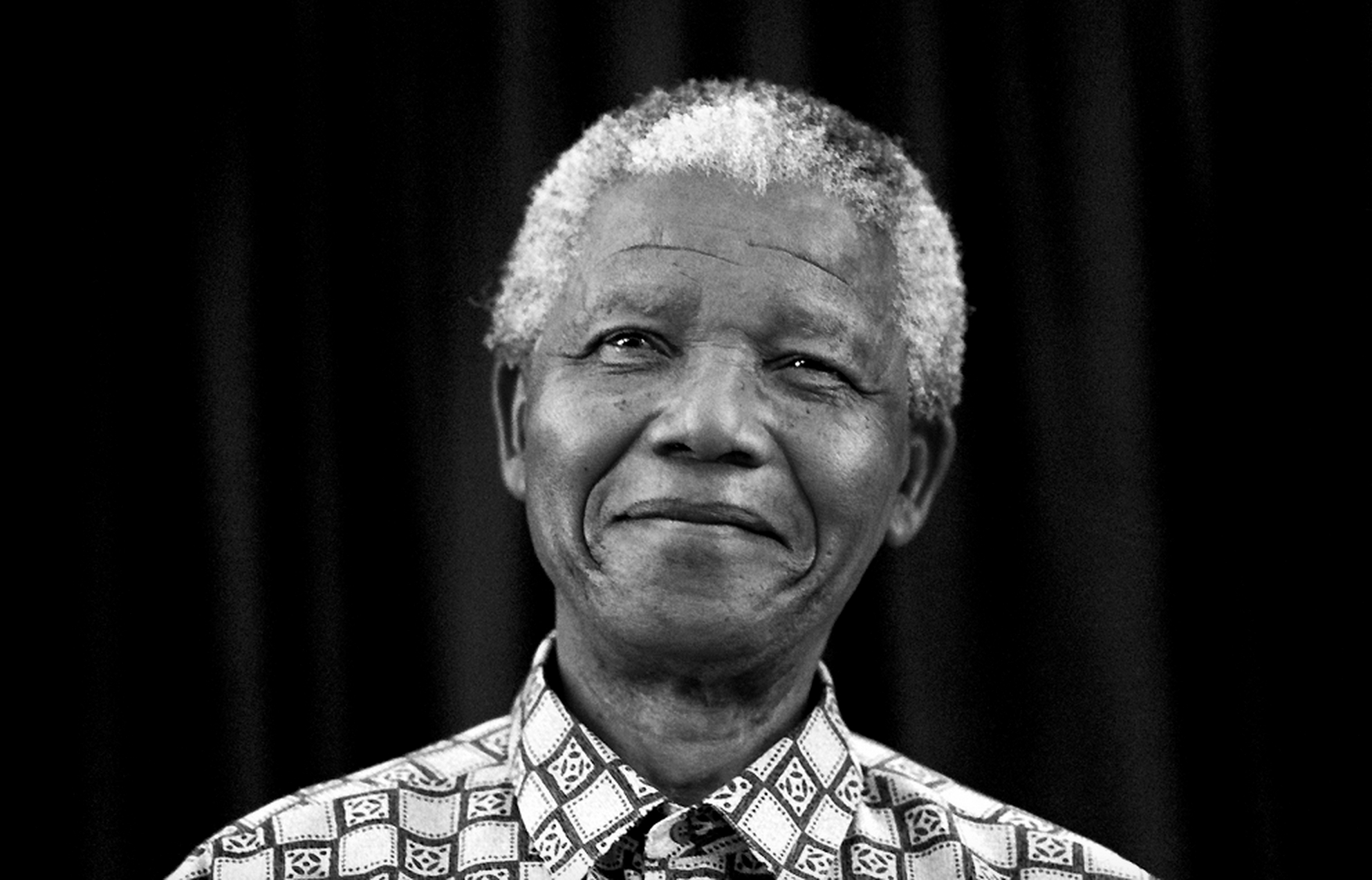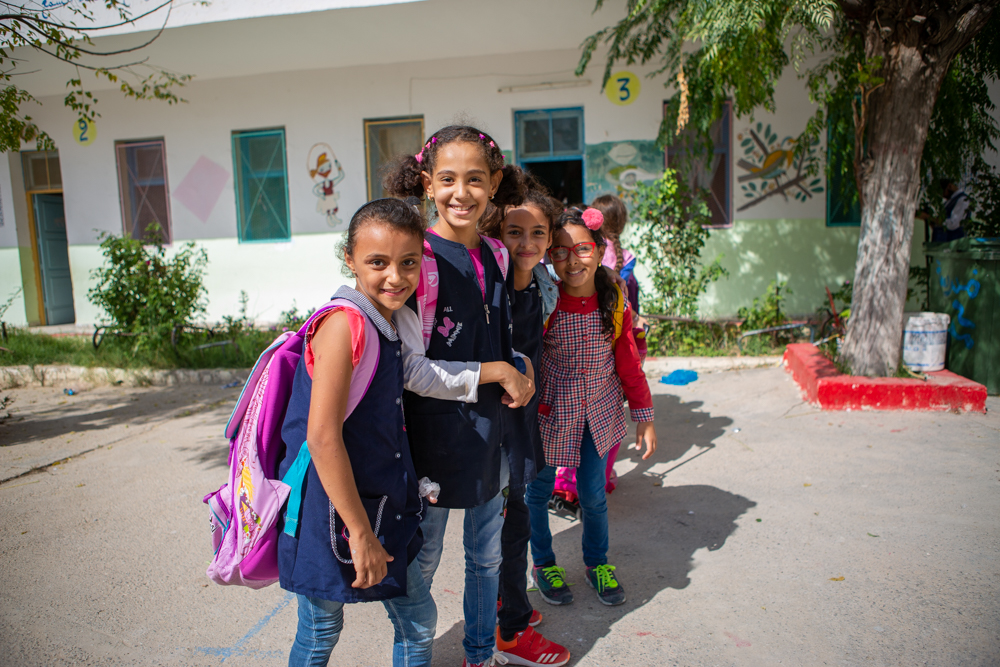‘Finding a Way’: IRUSA Team Reports From Nepal
When the Islamic Relief USA team landed in Kathmandu, Nepal, four days after the earthquake in April, they were surprised to see that only one out of 10 or 20 houses showed signs of damage.
Then they got into a car to drive closer to the epicenter. As the winding roads became steeper and more treacherous, the rubble piled higher on each side. There, they found deep gashes in the Earth, and entire villages flattened.
“The saddest thing is that those affected the worst are usually the poorest people,” said IRUSA’s Ridwan Adhami. “They don’t have much to lose, and they still lost it all.”
What they didn’t lose was their resolute attitudes—their patience, even cheerfulness.
“The people weren’t sitting there crying or complaining, they were digging up the rubble with their own two hands, to start over.”
The team met Manavie, who was living in a makeshift tent of tin sheeting with her husband Ramis and their 2-year-old daughter Arju. Standing in front of the pile of rubble that had been their house, Manavie smiled without a hint of sorrow. Like the other people they met, she was filled with wonder and appreciation that people had come so far to help her.

“I’m so happy you helped me, and you helped my country and people,” she said in English. “I’m so, so happy and thanks a lot.”
Islamic Relief USA’s William Lea worked with Islamic Relief teams from around the world to quickly assess the greatest needs and coordinate the first deliveries of aid. First was food from IRUSA donors. Manavie’s family received a big box to help them survive for the coming weeks. Next came tents, flown in from Pakistan and delivered to remote villages, where some of the families had been sleeping in their livestock huts. Meanwhile, an Islamic Relief shelter specialist was already sketching plans for more permanent shelters.
“We were the first outside people they had seen,” Lea said. “As we were giving out the food, they wanted to help us give out the food to their neighbors,” Lea said. Some asked for Islamic Relief shirts, and wore them with great pride.
23-year-old Omesh worked to clean up the rubble of his home wearing a different shirt—one that said in English letters: “Allah will make a way when there is no way.” Omesh wasn’t Muslim. He didn’t read English. He didn’t know what his shirt said. But that was the attitude of his people: They were already picking up the pieces and finding a way.

To see other ways that IRUSA is helping in Nepal or to donate click here


